How Much To Put Solar Panels On Roof?
The decision to install solar panels on your roof is a significant one, both financially and environmentally. As more homeowners look to reduce their carbon footprint and save on energy costs, solar panels have become an increasingly popular option. However, one of the most common questions that arise is: "How much does it cost to put solar panels on a roof?" This article aims to provide a comprehensive guide to understanding the costs involved, the factors that influence these costs, and the potential savings you can expect.
Understanding the Costs
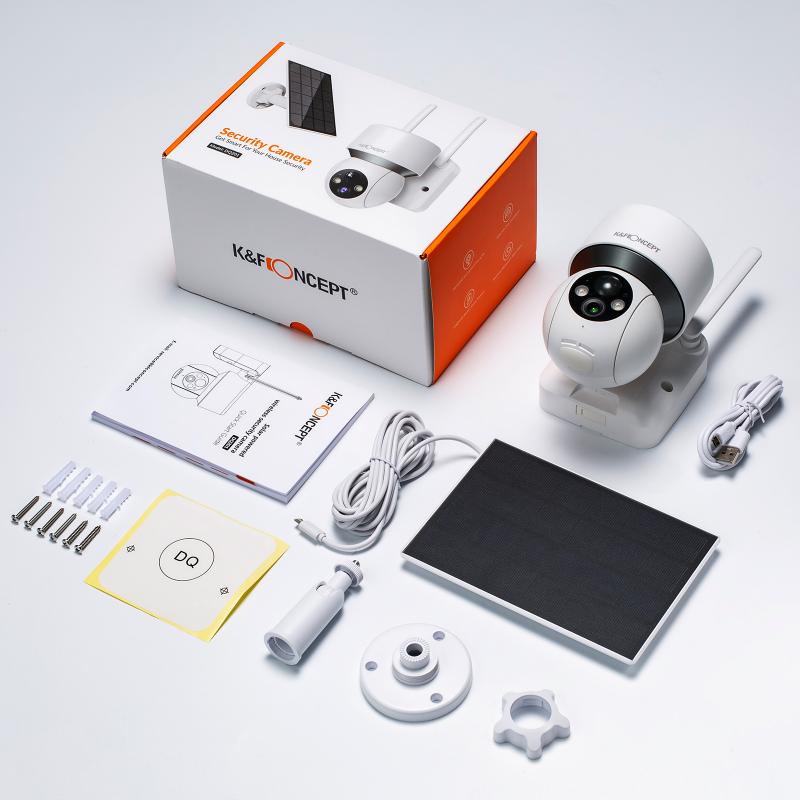
The cost of installing solar panels on your roof can vary widely based on several factors. On average, the cost of solar panel installation in the United States ranges from $15,000 to $25,000 for a typical residential system. This cost includes the price of the panels, installation, and any additional equipment needed, such as inverters and mounting hardware.
1. Cost of Solar Panels
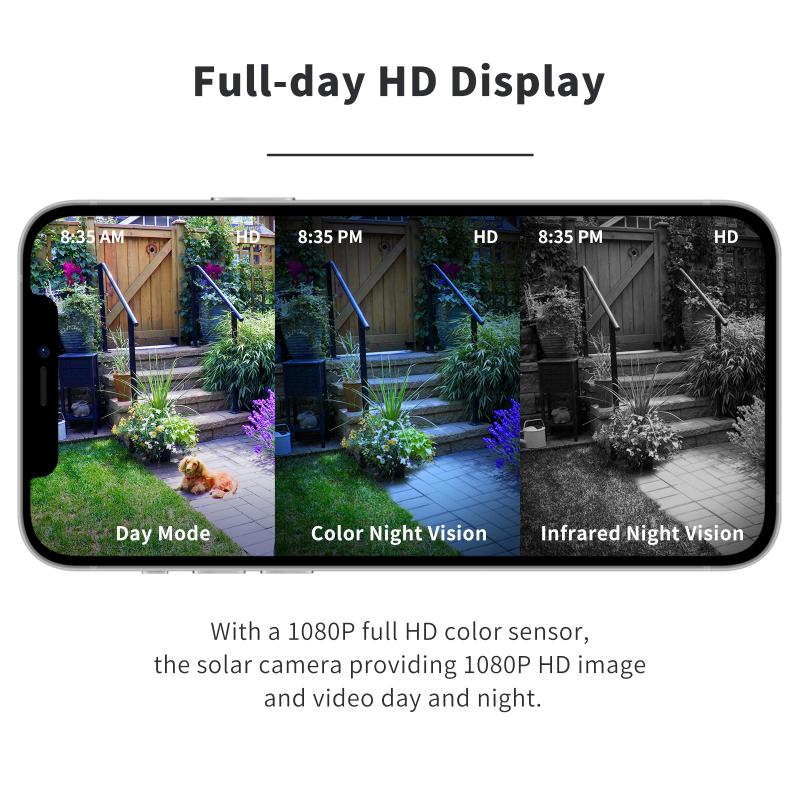
The solar panels themselves are a significant portion of the total cost. The price of solar panels is usually measured in dollars per watt. As of 2023, the average cost per watt is around $2.50 to $3.50. For a typical 6-kilowatt (kW) system, this translates to $15,000 to $21,000 just for the panels.
2. Installation Costs
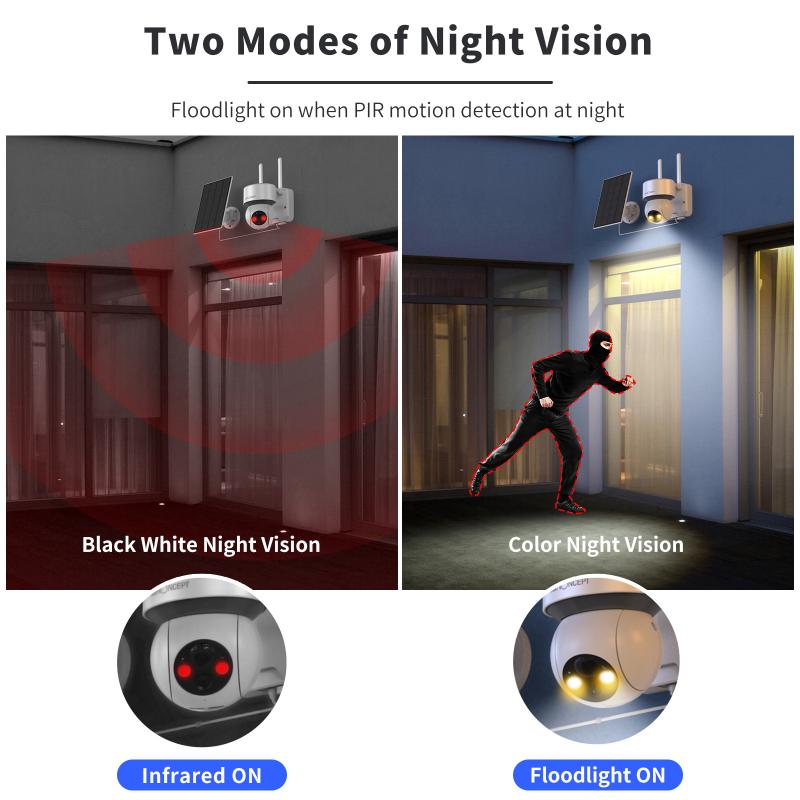
Installation costs can vary depending on the complexity of the job and the rates charged by the installer. On average, installation costs range from $3,000 to $5,000. This includes labor, permits, and any additional materials required for the installation.
3. Additional Equipment
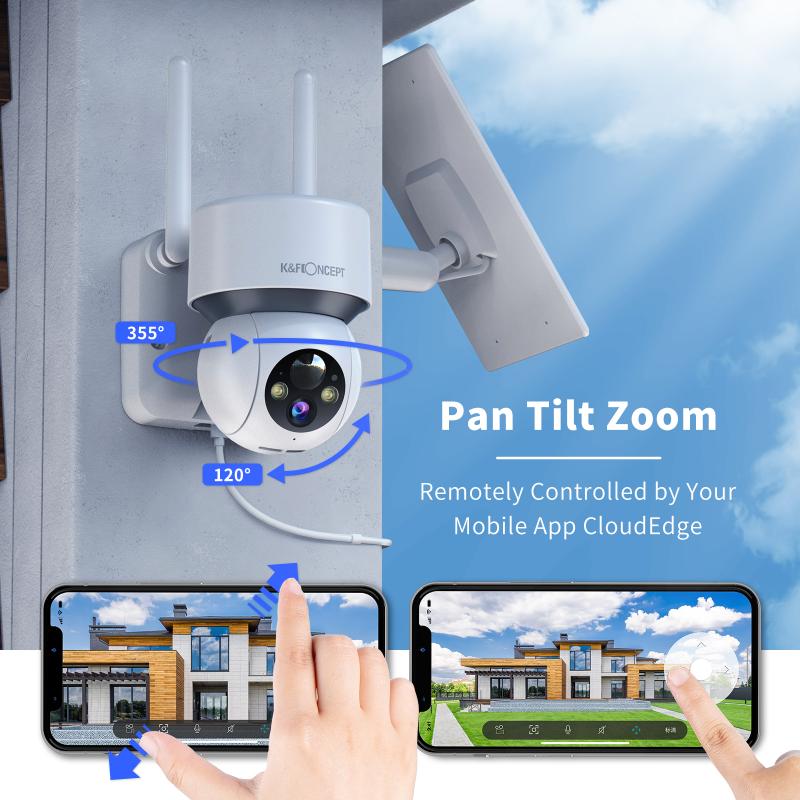
In addition to the panels and installation, you will need other equipment such as inverters, which convert the direct current (DC) produced by the panels into alternating current (AC) used by your home. The cost of inverters can range from $1,000 to $2,000. You may also need mounting hardware, wiring, and other electrical components, which can add another $500 to $1,000 to the total cost.
Factors Influencing the Cost
Several factors can influence the overall cost of installing solar panels on your roof. Understanding these factors can help you make a more informed decision.
1. Location
The cost of solar panel installation can vary significantly based on your location. Factors such as local labor rates, permitting fees, and the availability of incentives can all impact the final cost. For example, states like California and New York tend to have higher installation costs due to higher labor rates and permitting fees.
2. Roof Type and Condition
The type and condition of your roof can also affect the cost of installation. A roof that is in poor condition may require repairs or reinforcement before solar panels can be installed, adding to the overall cost. Additionally, certain roof types, such as tile or slate, can be more challenging and expensive to work with compared to asphalt shingles.
3. System Size
The size of the solar panel system you need will directly impact the cost. Larger systems that produce more electricity will cost more to install but can also provide greater savings on your energy bills. It's essential to balance the initial cost with the potential long-term savings.
4. Incentives and Rebates
Many states and local governments offer incentives and rebates to encourage the adoption of solar energy. These incentives can significantly reduce the overall cost of installation. For example, the federal Investment Tax Credit (ITC) allows you to deduct 26% of the cost of installing a solar energy system from your federal taxes. Additionally, some states offer rebates, tax credits, and other incentives that can further reduce the cost.
Potential Savings
While the initial cost of installing solar panels can be substantial, the potential savings on your energy bills can make it a worthwhile investment. On average, homeowners can save between $10,000 and $30,000 over the lifetime of their solar panel system. The exact amount of savings will depend on factors such as your location, energy usage, and the size of your system.
1. Reduced Energy Bills
One of the most significant benefits of installing solar panels is the reduction in your energy bills. By generating your own electricity, you can reduce or even eliminate your reliance on the grid. This can result in substantial savings, especially in areas with high electricity rates.
2. Net Metering
Many states offer net metering programs, which allow you to sell excess electricity generated by your solar panels back to the grid. This can further reduce your energy costs and provide an additional source of income.
3. Increased Home Value
Installing solar panels can also increase the value of your home. Studies have shown that homes with solar energy systems sell for more than those without. This can be an added benefit if you plan to sell your home in the future.
Financing Options
If the upfront cost of installing solar panels is a concern, there are several financing options available to help make it more affordable.
1. Solar Loans
Many financial institutions offer solar loans, which allow you to finance the cost of your solar panel system over time. These loans typically have lower interest rates than other types of financing and can be paid off over several years.
2. Solar Leases and Power Purchase Agreements (PPAs)
With a solar lease or PPA, a third-party company installs and maintains the solar panels on your roof, and you pay a monthly fee for the electricity generated. This can be a good option if you want to avoid the upfront cost of installation, but it may result in lower overall savings compared to owning the system outright.
3. Home Equity Loans
If you have equity in your home, you may be able to use a home equity loan or line of credit to finance your solar panel installation. These loans typically have lower interest rates and longer repayment terms, making them an attractive option for many homeowners.
Installing solar panels on your roof is a significant investment, but it can provide substantial long-term savings and environmental benefits. By understanding the costs involved, the factors that influence these costs, and the potential savings, you can make an informed decision about whether solar panels are right for you. Additionally, exploring financing options and taking advantage of available incentives can help make solar energy more affordable and accessible. As the demand for renewable energy continues to grow, investing in solar panels can be a smart and sustainable choice for your home.


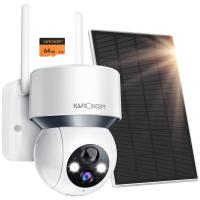
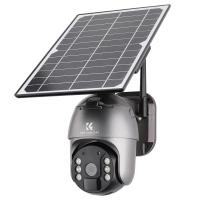
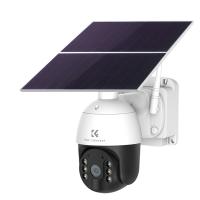
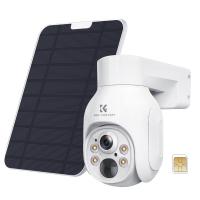
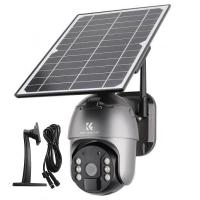
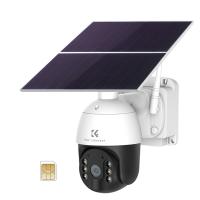
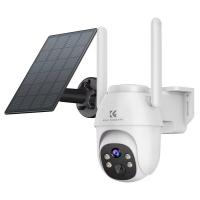
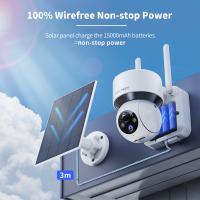
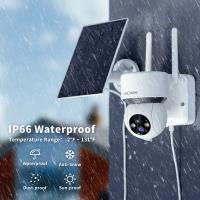

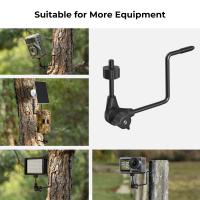



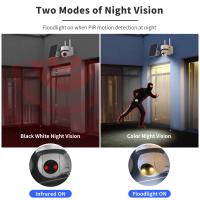
There are no comments for this blog.